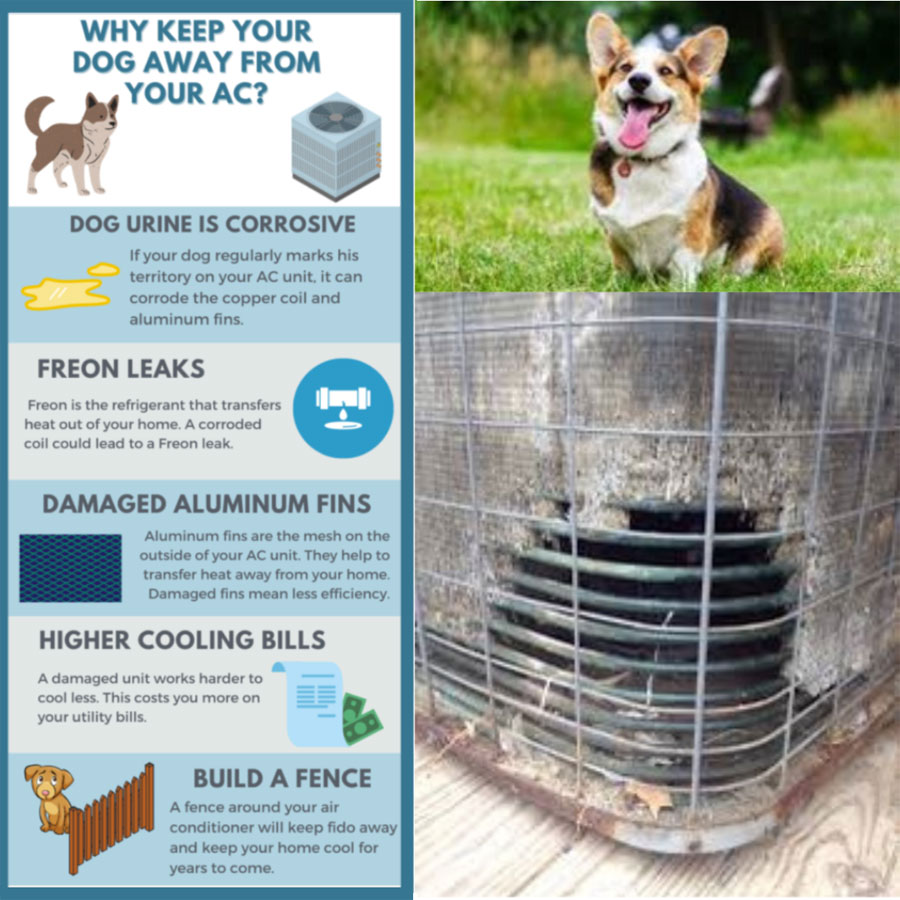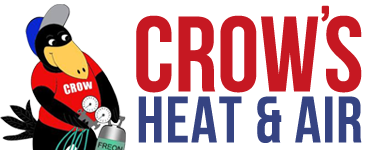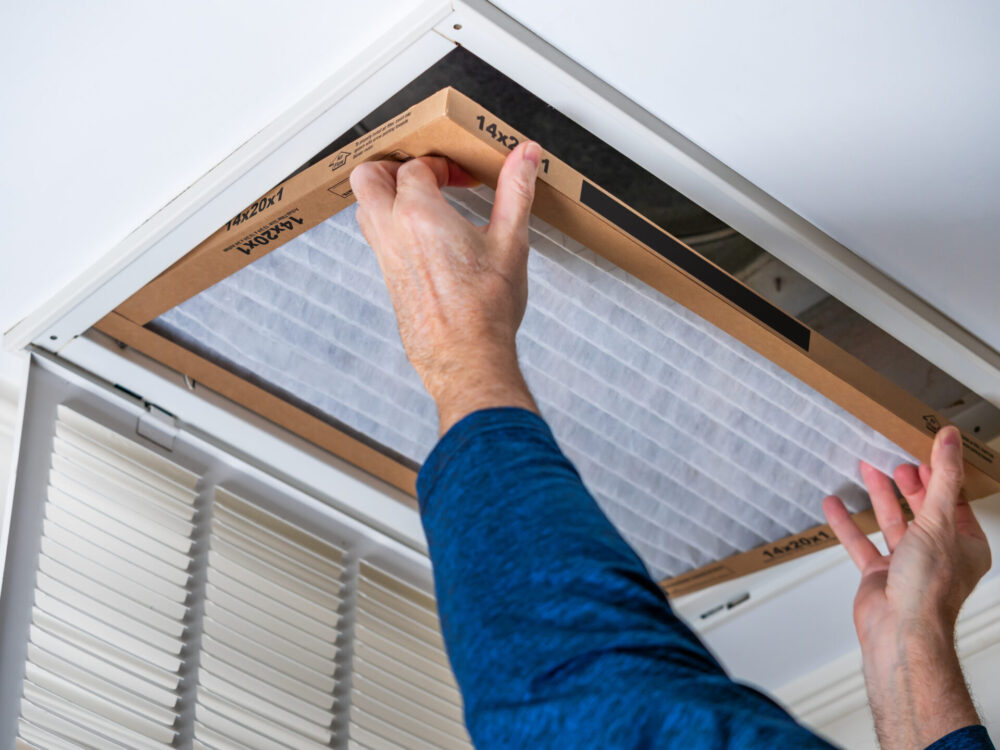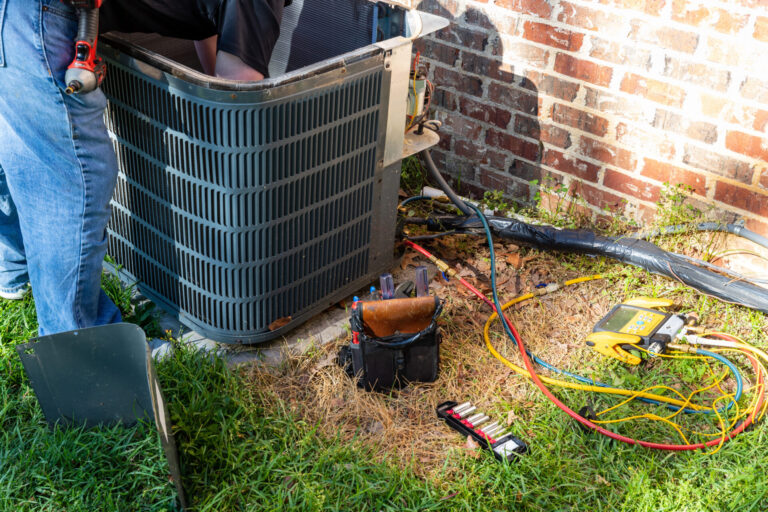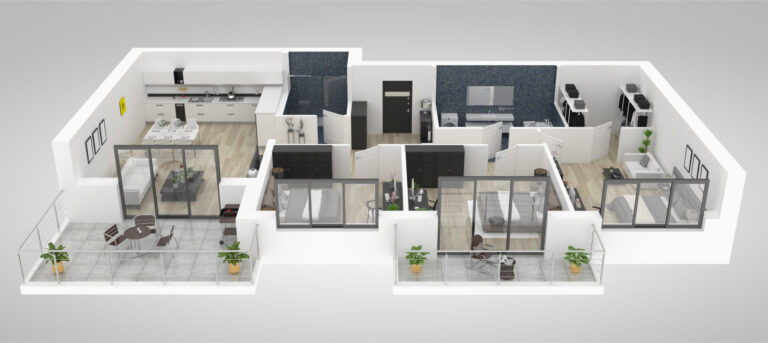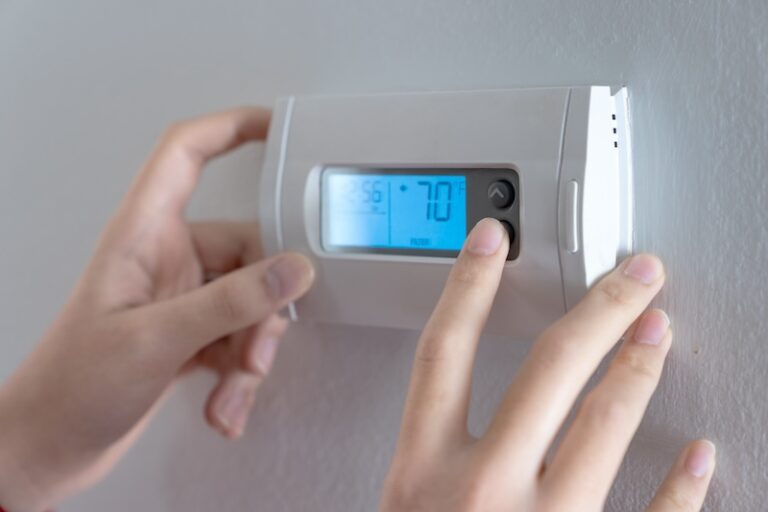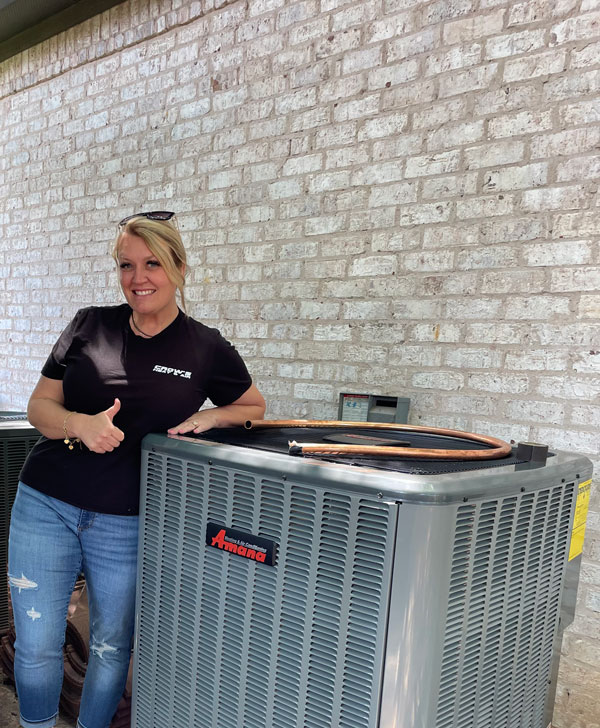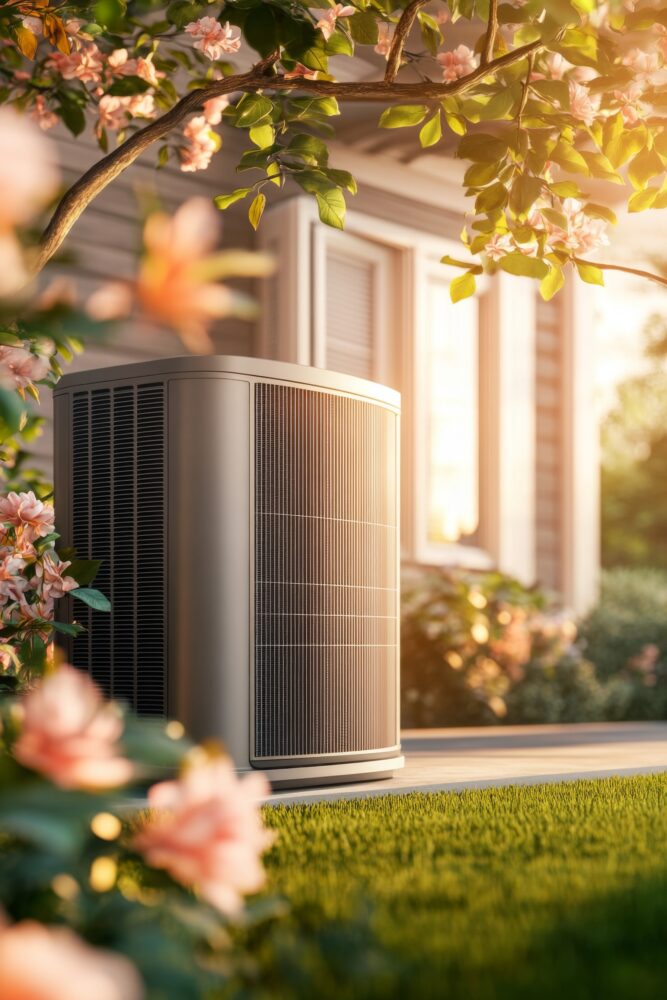The Impact Of Pets And Pests On Your HVAC System
Whether the animals in your home are part of the family or unwanted visitors, they have the tendency to negatively impact HVAC systems. Although these systems are created to endure natural elements like rain, snow, hail, or ice, there are certain damages caused by animals that can cost thousands of dollars. Through the information below, you’ll discover how animals can deteriorate the quality of your systems, as well as the preventive measures and actions to take after the fact.
Indoor and outdoor pets are a common source of an underperforming HVAC system. Your system’s filter is often the first part impacted by your household animals. Filters are quickly contaminated by hair and dander, in addition to other outdoor impurities such as dirt and debris brought inside by the animals. These contaminants will travel through the HVAC system and ductwork in your home, eventually reaching the filter where the debris is trapped. However, if the filter is dirty, it will fail to capture the impurities. Then, the debris will return to the air circulating throughout your home. This will inevitably impact your home’s indoor air quality, influencing high humidity levels, which may contribute to your family’s allergies. Additionally, dirty air filters harm the general efficiency of your systems, causing an increase in energy bills.
Nesting animals have a habit of infiltrating the ductwork in your home, often causing serious damage. These critters can chew large holes in ductwork, resulting in air leaks throughout your system, which reduces its overall performance and efficiency. Additional concerns may present themselves if they die while inside the ductwork. The smell of the decomposing animal along with parasites, fleas, and bacteria will travel through the HVAC system and then be distributed throughout your home.
Small critters such as birds, squirrels, and rabbits will often make themselves at home within exhaust vents and air intakes, especially when you haven’t run your HVAC system for some time. When the system begins running, combustion gases can kill the nesting animals, leaving the decaying creature blocking your exhaust vent. These blockages can create a threat for your family’s health and the safety within your home. A blocked exhaust can cause a draft that allows combustion gas to flood back inside of your home, introducing the risk of carbon monoxide poisoning. The installation of a vent cover can help prevent small animals from nesting inside of your exhaust and intake vents.
There are quite a few overlooked risks associated with exposed outdoor A/C units. One primary consequence comes from dogs urinating on the unit. It’s no secret that dogs mark their territory through urination. Unfortunately, the urine is highly acidic and corrosive, and will eventually cause significant damage to your HVAC systems. Other small creatures like lizards, rats, and snakes tend to cause issues with outdoor HVAC units as well. They will sneak into your unit and cause electrical failures, disconnects, and clogs. Unfortunately, there is not much that can be done to prevent this damage to your unit besides spraying repellant or strategically placing traps.
Although avoiding pet and wildlife damage to your HVAC system is difficult, there are some preventive measures that can help with these issues. One of which is frequently changing your filters. We usually recommend that HVAC filters are replaced monthly. However, if there are shedding pets in your home, it might be a good idea to check them weekly to ensure they are not dirty, and change them as needed. A clean filter improves your indoor air quality and can even reduce your monthly utility bills.
If you have a pest problem in your home, you’ll most likely notice that your HVAC system’s wiring has been damaged from being chewed. These damages typically go undetected until the system begins functioning improperly or not performing at all. If you notice a burning odor from your HVAC unit, turn it off and contact us as soon as possible.
Maintaining the cleanliness of your home can also work wonders for your HVAC system. Pet hair, dander, and other impurities will be eliminated by regularly cleaning and vacuuming throughout your home. Maintaining unwanted debris beforehand will prevent the contaminants from running through your HVAC system and its filter.
The most efficient way to determine if a pest infestation exists within your HVAC system is to schedule a system check up. If you notice any signs of animal damage to your system or are concerned about pests infiltrating your HVAC systems, please contact us at 972-548-1323.
